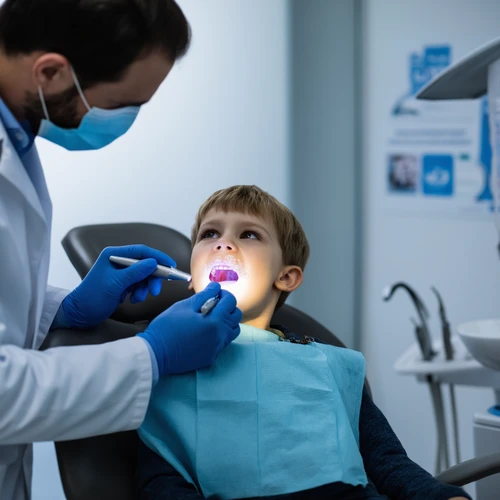Thrush is a common yeast infection caused by the overgrowth of Candida albicans, particularly in the mouth, throat, genitals, or skin. Symptoms vary by location but often include redness, soreness, white patches, itching, and a burning sensation. Early recognition and effective treatment are essential to prevent spread and discomfort.
Diagnosing thrush typically involves a visual inspection by a health professional. In some cases, a culture test may be required, especially if symptoms persist or recur. Once confirmed, treatment options depend on severity and location of the infection.
Topical Treatments
For oral thrush, antifungal mouthwashes, lozenges containing clotrimazole or nystatin, and probiotic rinses can soothe and reduce fungal presence. Genital thrush is often treated with over‑the‑counter creams or suppositories—ketoconazole or clotrimazole—applied once or twice daily for one to two weeks.
Systemic Medications
In severe or recurrent cases, oral systemic antifungals such as fluconazole are prescribed. Typical courses last 3–10 days, depending on infection site. It is crucial to finish the full medication schedule to prevent relapse.
Home Remedies and Lifestyle Adjustments
• Maintain proper hygiene—wash affected areas gently with lukewarm water and mild soap.
• Keep the area dry—use breathable cotton underwear and change moisture‑absorbing powders frequently.
• Avoid irritants like scented soaps and perfumed hygiene products.
• Adopt a balanced diet—limit refined sugars that feed yeast, and include probiotic foods.
For infants, it is vital to keep the mouth clean after feeding and to avoid pacifiers dipped in sugary solutions. Parents should also consult a pediatrician if signs surface, as children have a higher risk of systemic infection.
Prevention plays an essential role: washing hands after diaper changes, maintaining balanced gut flora with fermented foods, and removing any sources of moisture that facilitate yeast growth. Women who experience recurrent genital thrush may benefit from daily probiotic supplements or a topical probiotic paste.
In conclusion, thrush can be effectively managed through a combination of medical and preventive strategies. Recognizing the signs early and following a proper treatment regimen—whether topical, systemic, or natural—helps restore comfort and health quickly.


